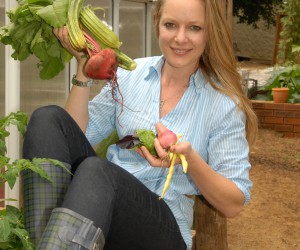We need to recognise the enormous potential found within our agricultural sector. Apart from practical task-specific coaching aimed at emerging rural farmers and training farmhands, there is a desperate need to upgrade the curriculum in agricultural colleges to also include volunteer and internship opportunities to up-skill rural communities.
It is important that the private sector adopt a policy of ‘paying it forward’ through the sharing of agricultural technology to help farmers increase crop yields, reduce vulnerability to climate change and improve outcomes. Cultivating a sustained collaboration between industrialized farmers and these colleges holds the key to boosting the country’s agricultural industry.
Agriculture is viewed as an industry that lends itself to the development of continuing education and training. According to an article published in Farmer’s Weekly, titled ‘Agriculture can generate more jobs, if we plan properly’, South Africa’s agricultural sector employs fewer people today than at any time in its history, yet the sector has been targeted as a major job creator over the next 18 years.
This means that 11 million jobs within small agri-industries need to be created countrywide by 2030. Diverse challenges for the rural poor include adopting principles of commercial food production, producing soil-enriching material to make green manures and compost, constructing seed storage systems, improving water loss controls and irrigation efficiencies, and adapting labour-intensive production techniques.
Only 12 per cent of South Africa's land is suitable for the production of rain-fed crops, so there is a very real need to increase the level of soil fertility as well as identifying new technology to improve soil in drier areas.
Equipping women smallholders with skills to improve production and manage farming as a competitive business is an important step in increasing agricultural productivity. However, initial capacity-building training, including practical literacy instruction and up-skilling women smallholders must be stepped up, if not through government and private sector involvement then from self-help programs initiated by the women themselves.
Their biggest challenge at first will be to obtain resources, perhaps in the form of donations and grants; a support system made up of volunteers; and common supplies shared reciprocally. Rural development is sure to encourage locals to draw inspiration from innovative individuals such as Linda Galvad, recipient of the 2012 Rising Star Entrepreneur Award and owner of Sought-After Seedlings.
To effectively identify and grow high quality crops smallholders need access to improved seed varieties, skill in selecting appropriate seeds, knowledge of the seeds processing and treatment system, reliable storage systems most suited for their local environment, and securing mutually rewarding contracts with reputable formal sector markets.






